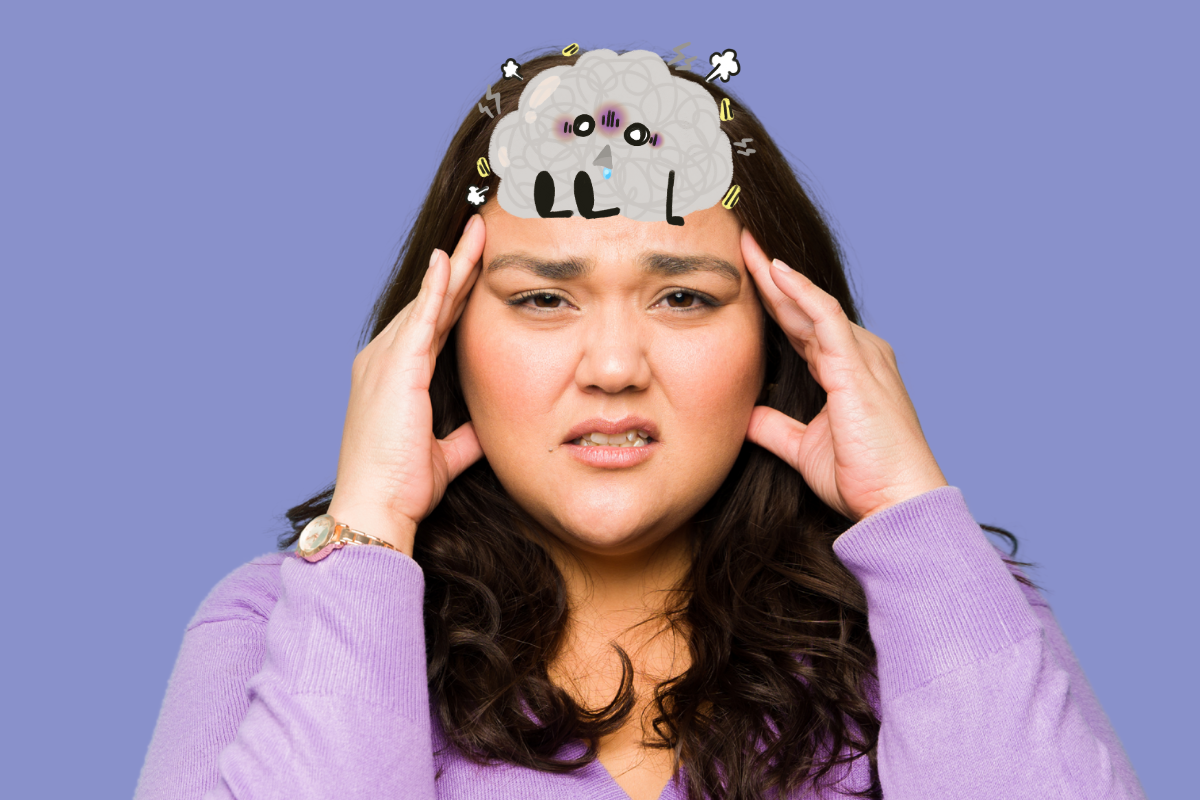Despite what we might read or have believed for many years, our brains are incredibly adaptable, resilient, and deeply influenced by the choices we make every day - especially as we age. Let's cut through some of the daftest myths many of us will have heard and set the record straight about our brains.
Myth 1: Alzheimer’s disease is inevitable with age
This is something many of us fear about getting older - and at the heart of it, is about a sense that we lose control of our brain and cognitive function as we age.
First, we need to recognise that yes, age is the biggest risk factor for Alzheimers. But it is not an unavoidable part of getting older. In fact, according to Alzheimer’s Research UK, about one in 14 people over 65 have dementia, which means most people do not develop it at all. We also know that lifestyle plays a huge role in brain resilience: keeping physically active, eating well, managing blood pressure, and staying socially and mentally engaged all reduce our risk and can keep our brains healthy, for longer.
Myth 2: Doing a daily crossword puzzle will solve your memory problems
This has recently done the rounds again on social media. It sounds such a simple thing, doesn't it? A quick Sudoku and crossword during your commute or over your morning coffee are great fun and certainly can help to keep your mind agile. But what your brain REALLY loves is variety, and not the same routine and activity every day to improve your cognitive health. Learning new skills such as playing a new instrument, or starting a hobby that requires some mental agility to work out can be a brilliant way to keep your mind sharp. Embracing challenge is key to good brain health - so adding in more complex puzzles, a walk, or learning something new all complement your daily crossword.
A large review published in Neurology shows that mentally stimulating activities of all kinds can help delay cognitive decline.
Myth 3: Memory loss is the only sign of poor brain health
Let's be honest, we don't really think about our brain health until something starts to go wrong. And often, that's when we start to become forgetful, or experience brain fog and struggle to find clarity. But the brain is so much more than the association we usually have with memory - and there are other signs we should be looking for if we want to be more aware of our brain health. Signs of poor brain health can also show up as difficulty concentrating, mood changes, fatigue, or problems with planning and decision-making. Looking after your brain isn’t only about preventing dementia - it’s also about supporting energy, focus, and emotional wellbeing day-to-day.
Myth 4: “Brain foods” can cure or prevent dementia
Every week there’s a headline about a new “superfood” that promises to boost memory or prevent Alzheimer’s. While nutrition is undeniably important for brain health, no single food is a silver bullet for your noggin. A balanced diet rich in omega-3 fatty acids, antioxidants, vitamins, and minerals is the real key. The Lancet Commission on Dementia Prevention highlights diet as part of a wider lifestyle approach, alongside sleep, exercise, and social connection. Omega-3s in particular have strong evidence for supporting brain structure and function, which is why supplements like Noggin Fish Oil are a great choice for your brain health.
Myth 5: Once your brain cells die, it’s game over
For years we were told that adults can’t grow new brain cells. But good news: it's not true! Research has shown that neurogenesis (the growth of new neurons) continues throughout life, especially in the hippocampus, the brain’s memory hub. Physical activity, good sleep, and learning new things can all support this process.
Myth 6: Multitasking makes your brain more efficient
Here’s a modern myth we’ve all fallen for. In reality, the brain isn’t great at doing several demanding tasks at once - it just switches rapidly between them, which uses more energy and reduces accuracy. Studies show multitasking increases stress and reduces productivity. Focusing on one task at a time is far more effective for both performance and brain health.
Myth 7: You only use 10% of your brain
This one regularly does the rounds on social media, but it’s nonsense. Brain imaging shows we use virtually every part of our brain, even when we’re resting or sleeping. The “10% myth” may have started as a misinterpretation of early neuroscience, but it’s long been debunked. Your whole brain is active, working constantly to keep you alive, thinking, moving, and feeling.
Myth 8: Brain supplements can replace healthy habits
There are plenty of capsules online claiming to boost memory or supercharge focus overnight. The truth? No supplement can undo the effects of poor sleep, chronic stress, or a junk-heavy diet. Supplements should always be part of a holistic routine that support the foundations of good brain health. At Noggin, we’ve designed products like OOMPH and PAUSE to complement good sleep, nutrition, and movement, not replace them.









